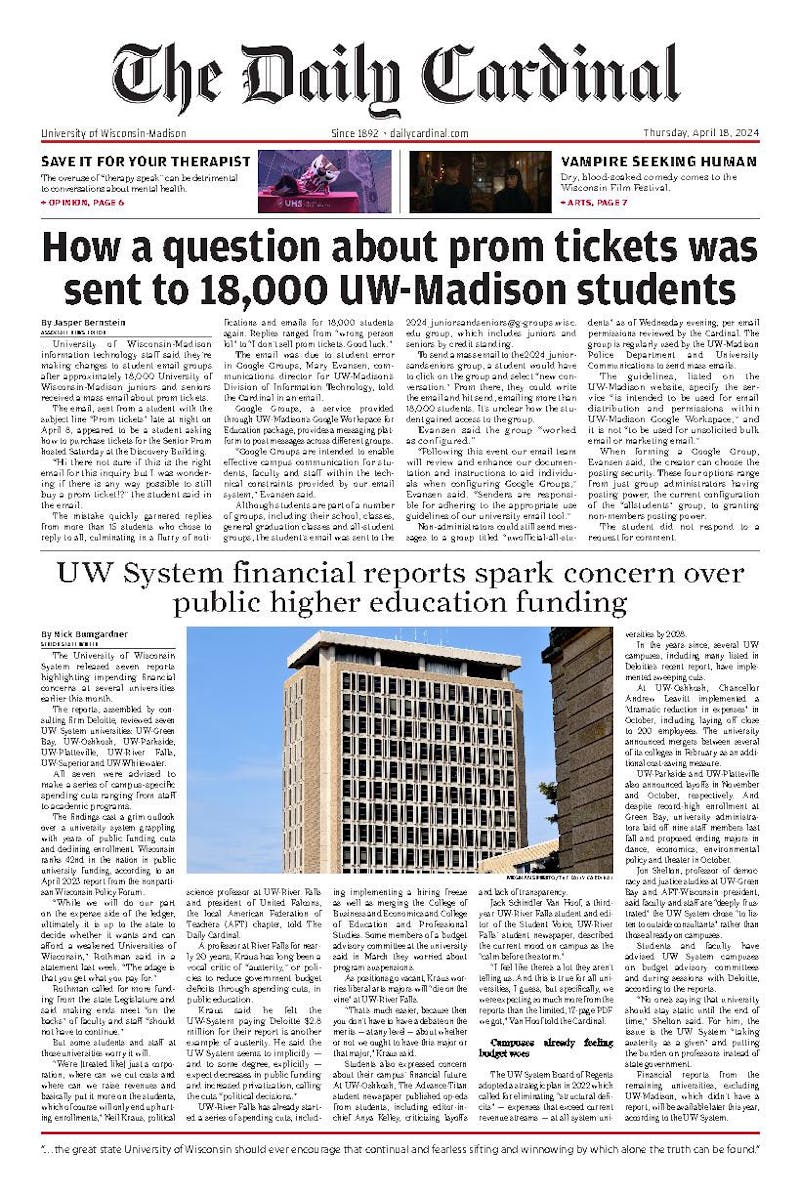ESG, also known as socially responsible investing or impact investing, refers to investing strategies which consider the environmental, social, and governance factors of companies. Due to the present global pandemic and concern about climate change, socially responsible and sustainable investing is expected to surge as consumers and Wall Street investors are increasingly holding companies accountable for their performance on environmental, social and governance benchmarks.
According to a Morningstar Direct report, a record $81 billion went into the global sustainable fund universe in the third quarter of 2020. The United States accounted for 12 percent of the global inflows, while Europe continued to dominate the space with approximately 77 percent. Interest in sustainable investing jumped to 85 percent in 2019, up from 71 percent in 2015. Bank of America predicts that the money in ESG investing could rise to between $15 and $20 trillion dollars because of changing demographics and heightened interest among millennials, women, and high-income individuals.
ESG investing has its origins in a 2004 letter from then United Nations Secretary-General Kofi Annan. He wrote to 55 chief executives of the world’s leading financial institutions, inviting them to participate in an initiative that would bridge the gap between investors and important environmental, social, and governance issues. The group formed into what is known today as the Principles for Responsible Investment (PRI). Members are required to report their responsible investment activities each year. More than 2,000 money managers, including BlackRock, Morgan Stanley and JPMorgan, have signed on.
More recently in January 2020, Chief Executive Officer Larry Fink of BlackRock, one of the world’s largest money managers, released a letter to its investors that stunned Wall Street. Black Rock CEO Larry Fink told other chief executives that climate change and investment decisions surrounding it would lead to a fundamental reshaping of finance. Fink wrote: “As a fiduciary, our responsibility is to help clients navigate this transition. Our investment conviction is that sustainability and climate-integrated portfolios can provide better risk-adjusted returns to investors. And with the impact of sustainability on investment returns increasing, we believe that sustainable investing is the strongest foundation for client portfolios going forward.”
Sustainable investing can be confusing for some investors. An investor can invest in funds or companies that avoid the tobacco, arms, and fossil fuel industries. Investors may also target investment towards companies that do good, like workplace quality or reduction of carbon emissions. Investors used to think that socially responsible investing would eat into a company’s profit and competitive advantage. Now investors see it as an opportunity to identify potential risks, even disasters, before they happen. It is important to note that even if a company receives a high ESG rating, it may not guarantee that the company will be profitable in the long term.
The biggest criticism of ESG has been that some companies use it as a marketing ploy. In other words, some companies may make grand promises to become more inclusive or environmentally friendly, which opens them up to more ESG money and improves their public standing. But some companies don’t end up following through these promises.
The practice of green-washing has forced Wall Street to scrutinize companies. In some ways, the skepticism around ESG investing is warranted. There are companies that disclose information just for the sake of disclosing. And so far, there has not been much accountability in terms of stated goals versus progress towards the goals. Investors need to more systematically track company achievements of the goals that they are stating in their corporate sustainability reports.
In Europe, laws mandate that public companies, asset managers and pension funds must disclose environmental, social, and governance risks in their investments. The United States does not have the same level of transparency. In the last decade, more companies in the United States have begun to self-report their ESG performance along with their financial statements each year. Research firms, investors, and other stakeholders take the self-reporting data and other public information to rate the company based on a range of ESG data. Criteria can range from treatment of employees, sustainability of corporate culture, and diversity of boards.
So far, there is no single standard in place for ESG tracking that companies can all follow. Research firms like MSCI have been trying to help quantify the data and help investors make informative decisions. The firm has more than 1,000 MSCI ESG indices and provides ESG ratings for around 8,500 companies. Over the past year, the iShares ESG MSCI USA ETF, one of the most popular ESG investment funds, has outperformed the S&P500 by more than four percent as of June 2020.
ESG investing is also set to surge beyond 2021. While the market was quite volatile last year, investors are increasingly flocking to ESG strategies. Due to the investment implications of the global pandemic and climate change, investors are increasingly flocking to ESG strategies and exercising more scrutiny on social issues related to labor, employee safety, and supply chains.
In the future, socially responsible and sustainable investing will probably become more embedded in the investment process. For example, ESG likely become a more standard option for mutual funds and asset or wealth management. More transparency is also expected such that investors will be able to select and purchase funds in terms of their environmental, social, and governance characteristics. Armed with these new tools and data, investors will be enabled to make financial decisions which are more informed, impactful, and socially responsible.
Alfred E. Tsai is J.D. candidate at the University of Wisconsin Law School. By means of online classes, Alfred is concurrently enrolled in the Flexible MBA program at the Johns Hopkins University’s Carey Business School. Do you think socially responsible investing is a worthy topic for the future? Send all comments to opinion@dailycardinal.com.





